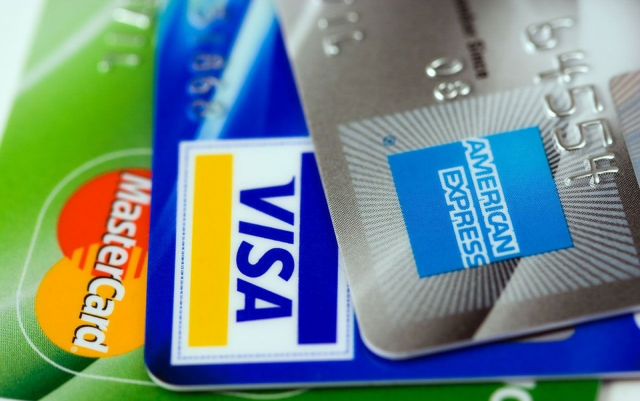
Is Interest from American Express Proof that Ripple is the Future?

Ripple may be on the verge of becoming the standout crypto platform of 2018 thanks to recent reports that American Express is poised to use the technology. Revealed by current CTO Stefan Thomas during a recent episode of the Gregarious Mammal podcast, the news looks set to catapult it into the mainstream. In discussing the latest developments at Ripple HQ, Thomas said that American Express has agreed to use xRapid as a means of processing cross-border payments.
“Some of the companies that have agreed to use xCurrent and xRapid are companies like American Express and Western Union, so there are big companies that are testing this,” Thomas said during the podcast.

xRapid Uptake Increasing
The news comes in the wake of a positive trials with banking institutions such as Viamericas and Mercury FX. Using the Ripple tokens (XRP) to facilitate on-demand liquidity, the technology has shown that it’s able to facilitate real-time payments between countries. For institutions such as American Express, this type of technology could not only increase the efficiency of cross-border transactions but reduce costs. According to Pew Research Center, $600 billion in foreign payments are sent from US residents every year. Under the current system, the average transaction not only takes days to complete but has an annual cost of $30 billion.
Recent xRapid trials have shown this doesn’t have to be the case and it seems at least one bank has taken the bait. Although he stopped short of saying American Express will be using the technology permanently, Thomas appeared confident that things are moving in the right direction. For those watching the price of Ripple, the announcement is another positive step forward. Despite being a victim of the bearish trend of 2018, XRP holders have maintained that the underlying technology gives it real long-term value. However, for those on the outside, Ripple’s hybrid status is a constant problem. Creator of BitTorrent Bram Cohen has been one of the most vocal opponents of Ripple, describing it as nothing more than a reworked version of old technology.
“Ripple isn’t actually a cryptocurrency, it’s a centralized token accounting system, of the sort which any idiot could have set up 20 years ago,” Cohen tweeted on July 3.
Is Ripple Success Proving the Purists Wrong?
Despite those that rally against its status as a cryptocurrency, Ripple is winning the affections of major financial institutions. Indeed, talk of American Express linking up with the company have been swirling in the mainstream media since 2017. The same can also be said of European banking giant Santander which has reportedly been testing xRapid for its US/UK payments. While the eventual fate of any cryptocurrency remains unclear, the pendulum of favor is swinging towards projects that blur the lines between new and legacy systems. For purists loyal to the vision of Satoshi Nakamoto, this trend is concerning. Bitcoin was designed to disrupt and eventually replace the current zeitgeist by offering a completely unique and independent payment system.

However, as is often the case in life, anything that completely blows apart the status quo and survives is usually unwelcome. Instead, what we’re seeing is the rise of blockchains that complement or improve existing technology. This is the main reasons Ripple is becoming the go-to platform for banks. Regardless of the industry, it’s human nature to rally against something that’s pushing to change everything you ever assumed was correct. Indeed, many in the financial world would argue that “if it ain’t broke, don’t fix it.” Whether or not the current system is broken or not is irrelevant. The people that hold the power aren’t willing to relinquish their grip unless they’re able to get in on the action.
Ripple has positioned itself as a gateway into the crypto space. This not only makes it more palatable for banks but more likely to be adopted as a mainstream product. As Dr Zeynep Guruc of Imperial College London has said, cryptos need to be scalable, useful and fit in with current regulations. Ripple ticks these boxes and that’s giving it a foothold in the financial industry. Does this mean it’s going to usurp Bitcoin as the leading crypto? Probably not. Even though “hybrid” systems look to be the way forward, traditionalists maintain that blockchains in their pure form are the future. Regardless of how things will develop in the coming years, Ripple fans will still be pleased to hear the company’s links with banks are growing stronger.
* Information in this article should not be taken as investment advice.